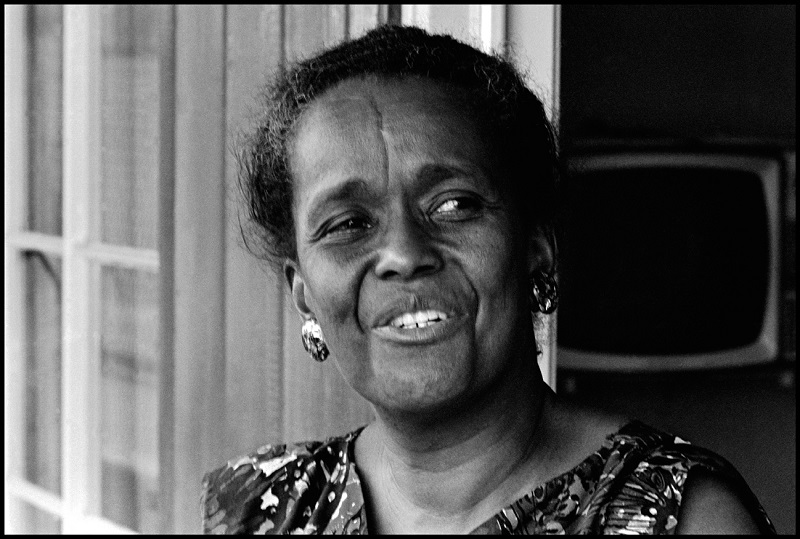My kids attend The Ella Baker School, a progressive un-zoned public school in midtown Manhattan. For all the years we’ve been in this school community, I’ve only had a vague understanding of the school’s namesake. At one point, someone had described her as the wise grandmotherly figure behind much of the Civil Rights Movement, and that is the image that has remained in my mind until this year. But at the start of this school year, one of the parents at the school started a book club welcoming parents and faculty to discuss Ella Baker & The Black Freedom Movement by Barbara Ransby and it has been one of the more rewarding biographies (or memoirs) that I’ve read of late.
I’m not yet done with the book, but one particular aspect of Ella Baker’s organizing philosophy really resonated with me, and it was laid out in the 6th chapter where Ransby writes about the tension between Baker and MLK. She writes:
Baker felt that the focus on King drained the masses of confidence in themselves. People often marveled at the things King could do that they could not; his eloquent speeches overwhelmed as well as inspired. (p 190)
and on the next page:
In Baker’s view, the celebrity status that the movement afforded King was not an aberration but rather a product of a dominant culture that promoted individualism and egocentrism. People “just have to have these high-powered individuals to worship,” Baker pointed out. “It’s the culture we’re in,” she insisted. “When the newspaper people come around, what do they look for? They don’t look for the solid organizational drive… they look for a miracle performer.” Baker believed that when ordinary people elevate their leaders above the crowd, they devalue the power within themselves. Her message was that we are all, as individuals, products of the larger society, even as some of us struggle to change it. And all leaders, however well intentioned, are susceptible to the corruption of personal ambition. (p 191)
It resonates with me because this celebrity worship so clear in church spaces — there’s even a book about it! I’m not excited when I find out about a famous preacher or musician coming into town and having an event. I have near-zero desire to go to conferences where there’s a special keynote speaker. If I go, its for the company of others going, not for the “special” guest.
I loved that at the keynote conversation during a symposium about Ella Baker, Barbara Ransby (the author of the book) addressed the repeated mention at that Ella Baker did not receive a lot of accolades in her life. She responded, “She didn’t, and it wasn’t that important to her. I think she felt rewarded by the knowledge that she lived a life of integrity and she knew she made a difference in so many people’s lives.”
I think one of the issues within the church is that we want heroes who “do faith” for us (so we won’t have to.) We invite our friends to hear dynamic preachers so we don’t have to learn how to articulate or demonstrate the faith ourselves. We look to the “experts” to tell us how to run worship services, how to care for the poor, how to lead bible studies (or rather, what book can practically lead the study for us so we don’t have to prepare?), how to preach good sermons. So we try to conform our church communities into the mold of these “successful” churches. It’s almost as if we want these “experts” to lead our communities for us; “they know better than us” is our posture before their work. But it’s not true.
They do not know better than us.
They know their own churches well (and the kinds of churches that are like their churches well) but they do not know our churches well. We know our own churches better because they are our churches. This doesn’t discount their work and their contribution to the greater Church. We bring their work in conversation with our own work — and we do have to do our own work! I don’t know how many times I’ve read a bible study from a big Christian publisher that didn’t end with, “this won’t work for my community,” and found myself having to change the question or redirect the conversation. For churches that do not fit the mold of dominant church culture, we’ll always have to do our own work knowing that we know our churches best, not the published professional. As quoted above, “Baker believed that when ordinary people elevate their leaders above the crowd, they devalue the power within themselves.”
Sometimes we forget that Jesus had already sent his Spirit to guide us. If there’s anyone who knows us better than ourselves, it is the Spirit. And he empowers us and guides us in all that we need to do. Sometimes I wonder if our trust of external “experts” is indicative of our lack of trust in the internal one who has made a temple in us.

